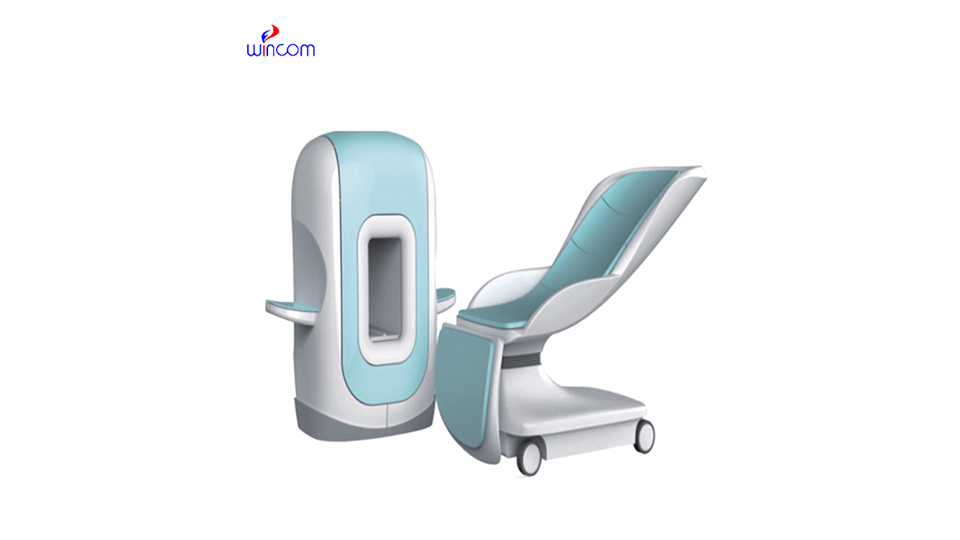Magnetic resonance imaging (MRI) is a radiation-free imaging method, but is it safe for pregnant women?
一. Can pregnant women have an MRI?
1. Is MRI safe for the fetus?
MRI does not rely on X-rays, but uses strong magnetic fields and radio waves for imaging, so in theory it will not cause radiation damage to the fetus. The American Society of Radiology (ACR) states that “non-enhanced MRI should be performed with caution during pregnancy.” However, the following principles must be followed:
Early pregnancy (1-12 weeks): Unless in emergencies (such as suspected ectopic pregnancy, intracranial lesions), it is recommended to postpone the examination.
Middle and late pregnancy: MRI is performed after the doctor evaluates the risks.
2. Under what circumstances do pregnant women need an MRI?
MRI is usually used for the following situations: First, it is used to screen for fetal abnormalities, mainly referring to brain and spinal problems that cannot be clearly diagnosed by ultrasound. Secondly, it is used to evaluate tumors or serious infections (such as pelvic abscess, etc.) in pregnant women, such as suspected stroke, placenta accreta, ruptured ectopic pregnancy, etc.
二. Potential risks of MRI examination
Although the MRI itself does not radiate, it should be noted that:
1. Risks of gadolinium contrast agents (enhanced MRI): Gadolinium may enter the fetus through the placenta and is prohibited in the first trimester and used only when absolutely necessary in the second and third trimester.
2. Potential effects of strong magnetic fields: In theory, high magnetic fields (3T MRI) may have slight thermal effects, but there is no evidence of harm to the fetus.
3. Noise and claustrophobia: Since MRI machines are loud (similar to the sound of electric drills), it may cause anxiety for pregnant women, so it is best to wear noise-proof headphones.
三. Preparation for pregnant women before MRI examination
1. physician assessment
The need for an examination must be jointly assessed by obstetricians and radiologists and signed an informed consent form to understand the possible risks.
2. Preparation before inspection
Wearing: Need to replace metal-free inspection clothing (to avoid affecting imaging).
Diet: Generally, fasting is not necessary, but abdominal MRI requires fasting for 4 hours.
Remove metal objects: jewelry, hair clips, underwear with metal buckles, etc.
3. mentally prepared
Pregnant women need to understand the inspection process in advance to avoid nervousness and can apply for family companionship.
四. Matters needing attention during the inspection process
1. Posture: In the third trimester of pregnancy, it is recommended to position on the left side to avoid supine hypotension. Use special support pads for pregnant women to improve comfort.
2. Cooperate with breathing: Abdominal MRI may require a brief breath-holding and following the technician’s instructions.
3. Emergency: If you feel dizzy or abdominal pain, inform your doctor immediately via the call button.
五. Points for attention after inspection
1. Observe fetal movement: Pay attention to fetal movement after examination, and seek medical advice promptly if there is any abnormality.
2. Drink plenty of water (if using contrast media): Help the body expel gadolinium faster.
3. Pending report: Results need to be interpreted by a professional doctor and follow-up plans discussed with the obstetrician.
六. What conditions cannot an MRI be performed?
1. Metal implants (such as cardiac pacemakers, orthopedic steel nails) are present in the body.
2. Severe claustrophobia (consider open MRI).
3. Unnecessary examinations in the first trimester of pregnancy (try to postpone them until after the second trimester of pregnancy).
七. Alternative inspection plan
If MRI risks are high, consider:
1. Ultrasound (preferred)-radiation-free and suitable for most fetal examinations.
2. Low-dose CT-Use only in emergency situations (such as pulmonary embolism).
In short, MRI examinations can be performed during pregnancy, but the necessity needs to be carefully assessed, especially in the first trimester. Avoid the use of gadolinium contrast agents unless it is absolutely necessary. Before the examination, pregnant women should make psychological and physical preparations to ensure that the examination process is safe and comfortable.

